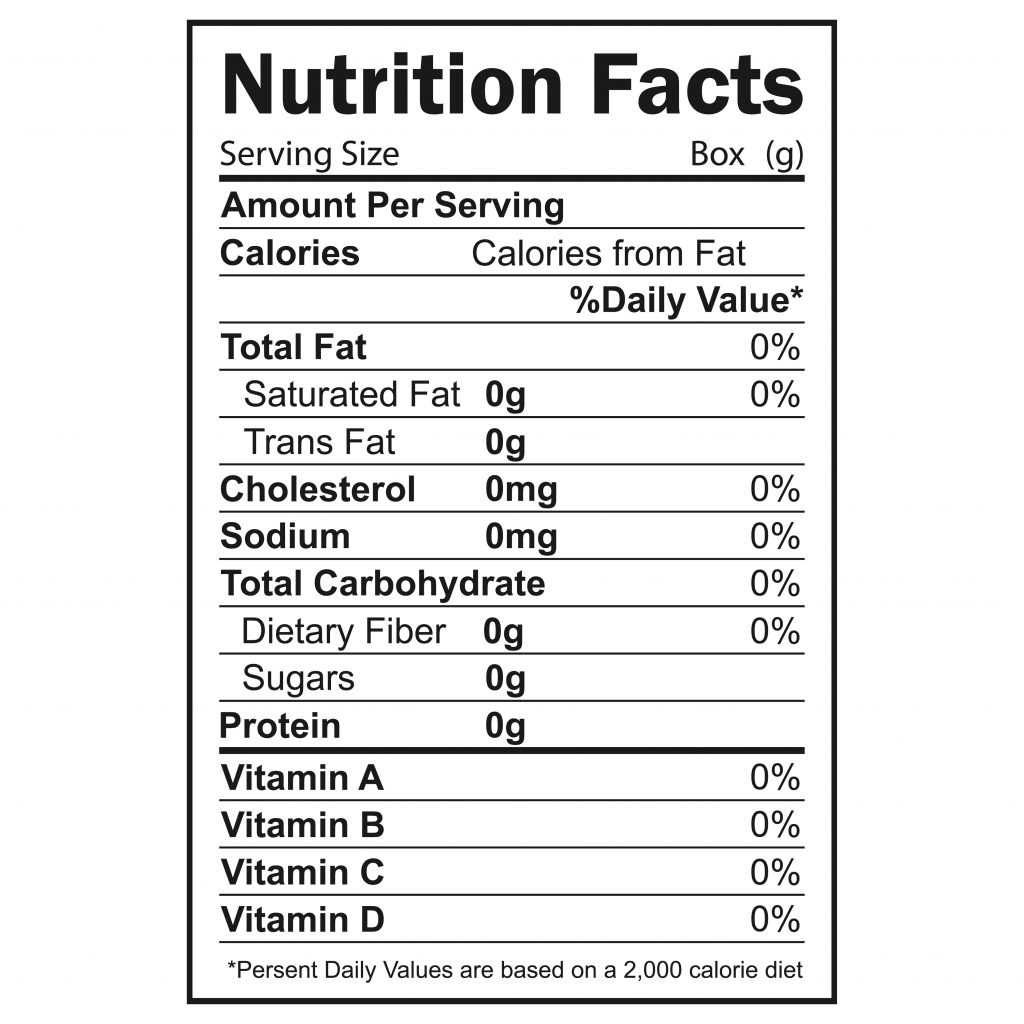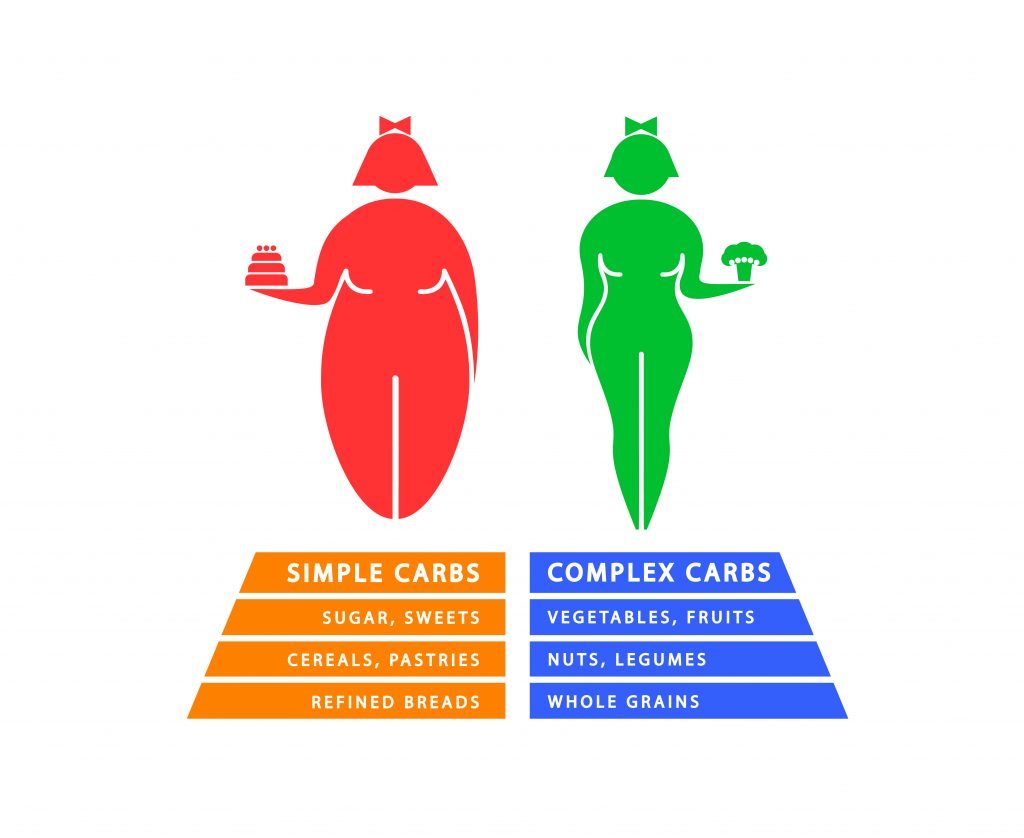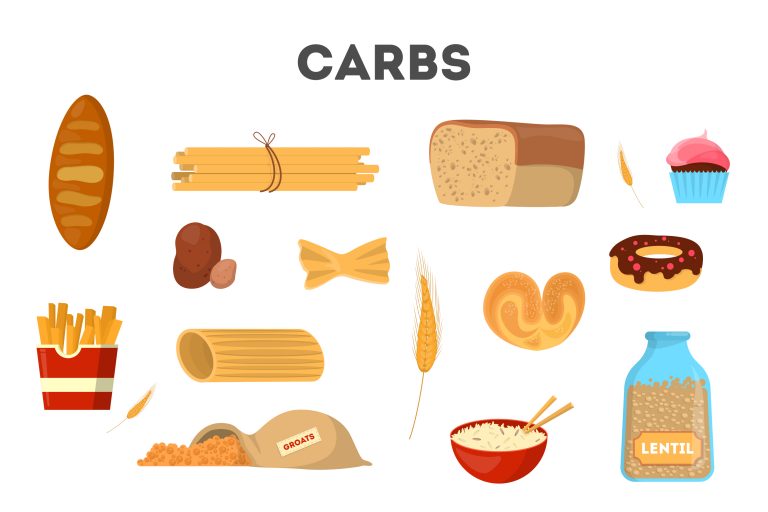What are carbohydrates? Why not remove carbohydrates from your daily diet? Specialists in the field of healthy nutrition agree - carbohydrates are the main source of energy, especially for our brain, so it is very important that our diet, including slimming one, provides them in the right amount to our body. Unfortunately, on the wave of popularity of protein and ketogenic diets, there is a misconception that carbohydrates threaten the success of any slimming treatment.
Sources of carbohydrates
Carbohydrates are compounds mainly of plant origin, which are synthesized from carbon dioxide and water in the process of photosynthesis under the influence of light. Carbohydrates are commonly called sugars, and due to their structure, we divide them into simple and complex sugars. Due to the degree of digestibility, they are divided into absorbable and non-absorbable, i.e. fibre. Both absorbable and non-absorbable carbohydrates perform specific functions in the body and are necessary for its functioning.
Simple and complex carbohydrates
Simple sugars are composed of only one saccharide molecule. Among complex carbohydrates, we distinguish oligosaccharides composed of up to 6 molecules and polysaccharides, which in the compound may contain up to tens of thousands of simple sugar molecules. In the case of product labelling, the rule is that under the name of simple sugars, the content of monosaccharides (e.g. glucose, fructose) and disaccharides (e.g. sucrose) is given, because they have a different effect on the body than carbohydrates with a larger number of molecules. Also, by checking the nutritional value of the carbohydrate product including sugars, the total amount of carbohydrates in the product is in the carbohydrate table, while the sugars table gives the amount of glucose, fructose and sucrose.

Glucose is found in fruits, fruit juices and honey. It is a component of beet sugar, lactose, cellulose, starch and glycogen. Glucose is the most important sugar because most carbohydrates used by humans are absorbed into the blood in its form or transformed into it in the liver. The body can make all other sugars from glucose. Fructose can also be found naturally in fruit, fruit juices and honey. It is twice as sweet as glucose.
Starch is a reserve material for plants. Cereal grains (approx. 75%), potatoes (approx. 20%) and corn (approx. 80%) contain it. Glycogen is a reserve material for animals. It is stored in the liver, muscles, kidneys, heart muscle, brain and platelets. Its amount in the body is 350-400 g. In the case of insufficient blood glucose, the body derives it from the breakdown of glycogen and uses it as an energy source. Cellulose is a component of dietary fibre.
Best food sources of carbohydrates
Carbohydrates can be found primarily in cereal products, as well as in dry seeds of legumes. Fruit and vegetables provide smaller quantities of sugars. The source of carbohydrates are also sweets and confectionery, but these should be avoided because they provide only the energy value without any valuable micro or macronutrients.
The role of carbohydrates in the diet
Carbohydrates are divided into absorbable and non-absorbable - fibre. Absorbable carbohydrates are the main energy substrate for humans. They should provide 50-70 per cent of their daily food. energy. 1 gram of carbohydrates provides 4 kilocalories, so for a diet containing 2,000 kcal, you should eat 250-350 g of carbohydrates. Glucose is the only source of energy for the brain and red blood cells, which is why a part of carbohydrates in your diets have to be simple ones. Also, it is said that fats are burned in a “carbohydrate fire”. What does it mean?

They should provide 50-70 per cent of their daily food. energy. 1 g of carbohydrates provides 4 kcal, so with a 2,000 kcal diet, you should eat 250 - 350 g of carbohydrates.
In the case of a deficiency of carbohydrates available in food, there is incomplete oxidation of fatty acids and the formation of ketone bodies, which acidify the body.
Carbohydrates, after being converted into glycolipids or glycoproteins, are part of the cell structure. Certain sugar molecules, such as ribose and deoxyribose, are part of the nucleic acid (DNA), i.e. they are elements of the structure of the chain that constitutes human genetic material. In the event of an insufficient supply of carbohydrates from food, the body produces glucose from proteins, as well as from fats. Proteins should not be used as an energy substrate, so it is important to provide the right amount of carbohydrates.
Carbohydrate demand
The need for carbohydrates depends on age, sex, weight, type of work performed and physiological condition. They should provide at least 55% of the daily energy demand. At the same time, energy from mono- and disaccharides should constitute 10-20% of total daily carbohydrates intake. This means that you should avoid confectionery and pure glucose or fructose sugar. The body's minimal carbohydrate requirement is determined by the amount of glucose needed for proper brain function. Children, adolescents and adults should provide at least 130 g of carbohydrates daily, pregnant women - 175 g, and lactating women - 210 g.






